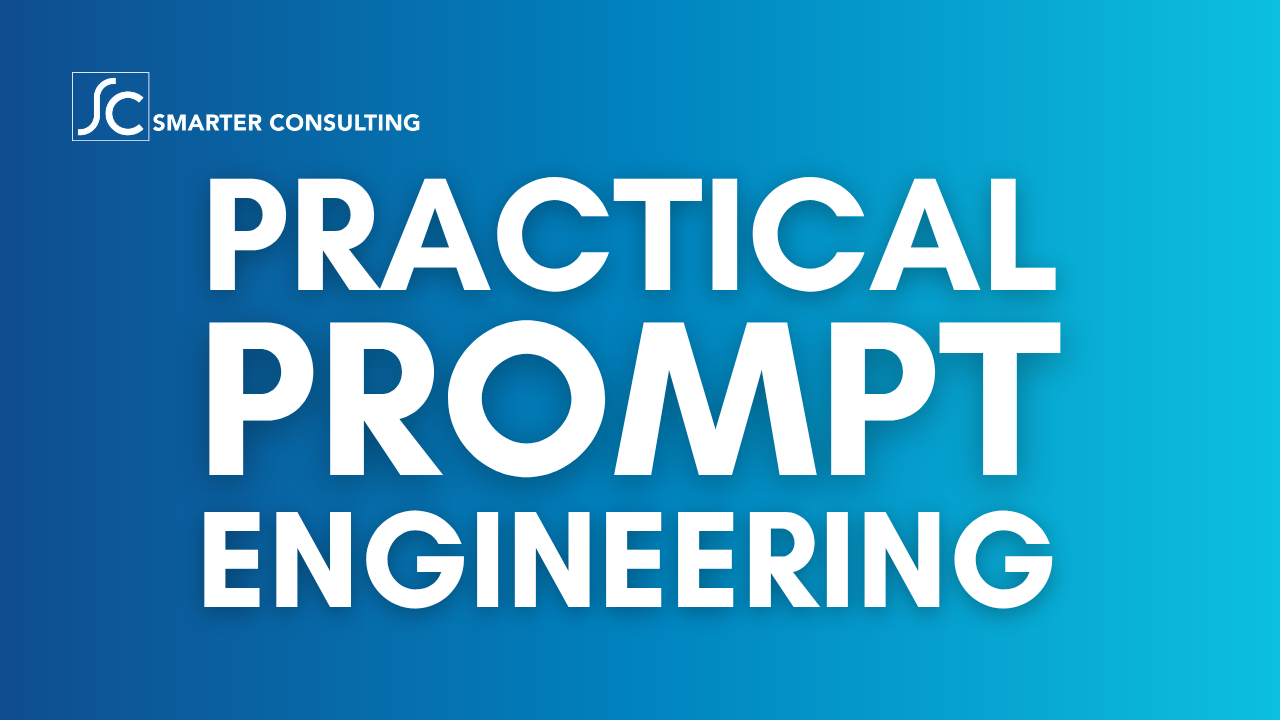Whatever happened to the project post-mortem?
While it doesn’t have the most positive-sounding name, I always saw tremendous value out of the formal project post-mortem. Your project comes to a close, maybe with end users going through some kind of training or user acceptance testing as the final step, but for all intents and purposes you are done. All of the project goals were met (well, most of them anyway), but how do you know if the project was successful or not?
 I’ve always been a heads-down-get-my-work-done kind of guy, and if you don’t come tell me that your requirements have changed — or if you’re not speaking up at the regular status meetings, then I’m going to stay heads down and deliver. And that’s my expectation for the team: be as clear and concise during the planning activities, and actively participate in daily/weekly scrums, and then Get. It. Done. In good organizations, that’s what happens. Everyone is so focused on completing their own tasks and executing to the plan, but the problem is when there are not also the mechanisms in place along the way to capture key learnings. A formal project post-mortem feels more like a review of what we already know, walking through the project from start to finish with all of the meanderings along the way, with some anecdotal stories thrown in. But how do we identify what was learned, AS it was being learned, so that our experiential knowledge is not lost in the shuffle?
I’ve always been a heads-down-get-my-work-done kind of guy, and if you don’t come tell me that your requirements have changed — or if you’re not speaking up at the regular status meetings, then I’m going to stay heads down and deliver. And that’s my expectation for the team: be as clear and concise during the planning activities, and actively participate in daily/weekly scrums, and then Get. It. Done. In good organizations, that’s what happens. Everyone is so focused on completing their own tasks and executing to the plan, but the problem is when there are not also the mechanisms in place along the way to capture key learnings. A formal project post-mortem feels more like a review of what we already know, walking through the project from start to finish with all of the meanderings along the way, with some anecdotal stories thrown in. But how do we identify what was learned, AS it was being learned, so that our experiential knowledge is not lost in the shuffle?
Most organizations at least attempt to create formal documentation. Far fewer do a decent job at holding regular meetings and scrums to capture feedback, but most of it focuses on the tactical — very little of this it is ever captured as communal knowledge and put into context with our internal practices or project methodology. And then an even smaller subset of companies go on to formally review that communal knowledge to see where the project could have been improved, or where the team can improve the next time.
Is there a way to make the post-mortem less about the end of a cycle and more about an innovation activity? I mean, what did the post-mortem activity really tell us? What did we learn? And what are we doing about taking action against what we’ve learned?
I am not a fan of the word "synthesize" but that is exactly what we need to do with this communal learning after each and every project. Over the course of any business or technical endeavor, the real value is the knowledge and capability of your team — without them, the project simply wouldn’t move forward. As deliverables are completed and progress unfolds, our knowledge is exercised like a muscle — sometimes that muscle flexes easily, other times it is stretched and, from that, we grow. We are constantly learning, but much of it can be lost if steps are not taken to capture and synthesize our shared learning.
To be perfectly honest, what I am describing can be incredibly difficult to accomplish, even in very smart organizations. Capturing key artefacts, from documentation and statistics to personal experiences, is just one aspect of building that collective knowledge. People generate Word documents and PowerPoints and think the job is done. Our content is a mile wide and an inch deep — we generate these massive reports that provide very little depth and value as to the knowledge and expertise really needed to do our jobs well. That’s why waiting until the end of a project is kind of useless. This dialog, and the capturing of this knowledge needs to happen in the moment, as the learning happens, rather than at the end of a project when important details and connections are forgotten.
Even if you have done an effective job at capturing the learning, the hard part is identifying connections between artifacts and business opportunities. But if you’re proactively capturing this knowledge along the way, in the moment, you are much more likely to attach the right context to the artifacts you create (whether document, presentations, video, audio recording, and so forth) and properly tag and correlate them to relevant content, people, and processes.
In my experience, most project post-mortems ended with numerous participants saying something to the effect of "Well, that was a huge waste of time." If you’ve heard the same from your team, chances are your meeting was not effective. Instead, try to capture the knowledge and synthesize in real-time, before that knowledge and context is lost.




